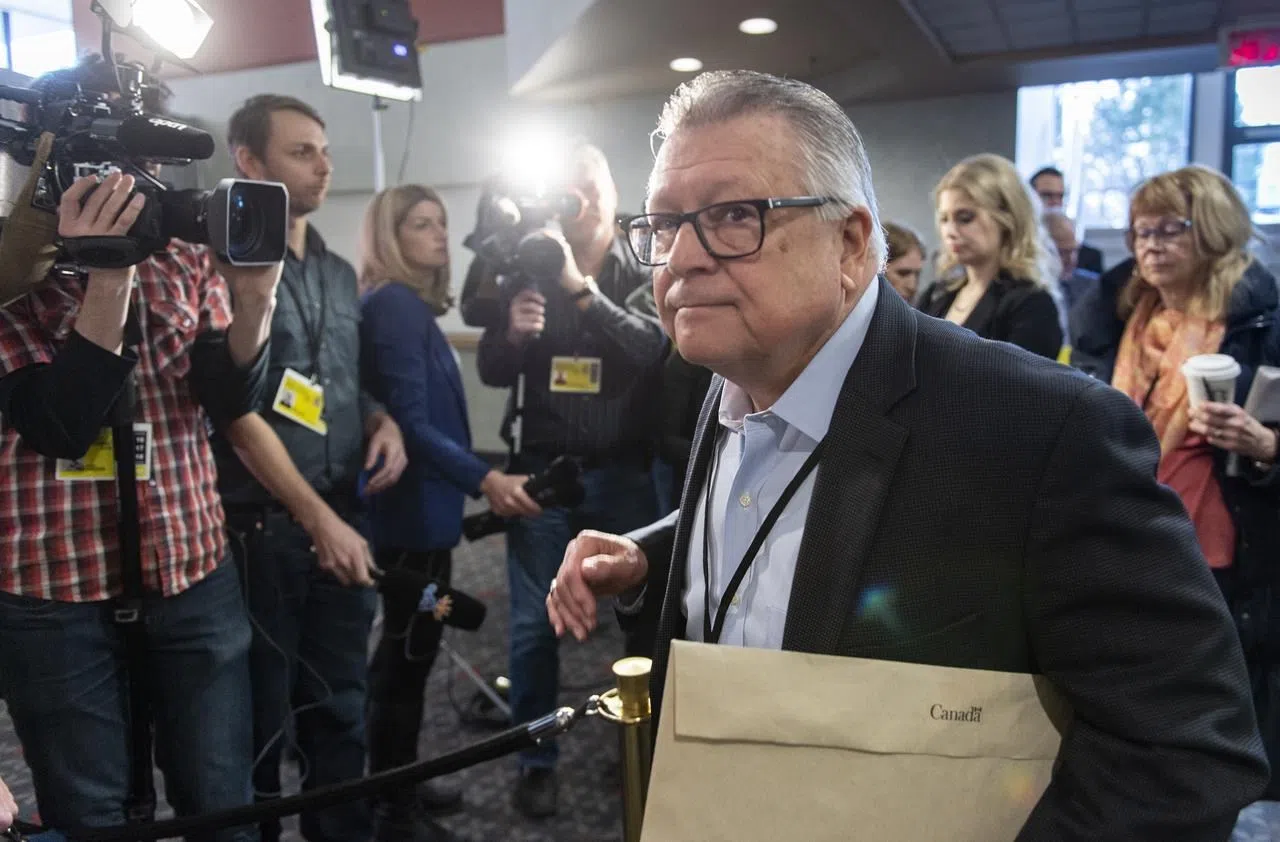
Trudeau acknowledges global turmoil is making Canadians anxious, fearful
SHERBROOKE, Que. — Justin Trudeau acknowledged Friday that Canadians are anxious about the upheavals occurring around the globe — with Canada recently seeming to have become the world’s favourite punching bag.
The prime minister insisted the best way to allay those fears is to stick to his government’s plan for improving the lot of middle-class Canadians.
But those anxieties could make it more difficult for the Trudeau Liberals to keep the focus on domestic concerns as they navigate their way through an election year.
Indeed, international events obscured the upbeat economic message Trudeau had hoped would come out of a three-day cabinet retreat — in the midst of which tensions with China escalated and a Canadian mining executive was killed in Burkina Faso.


